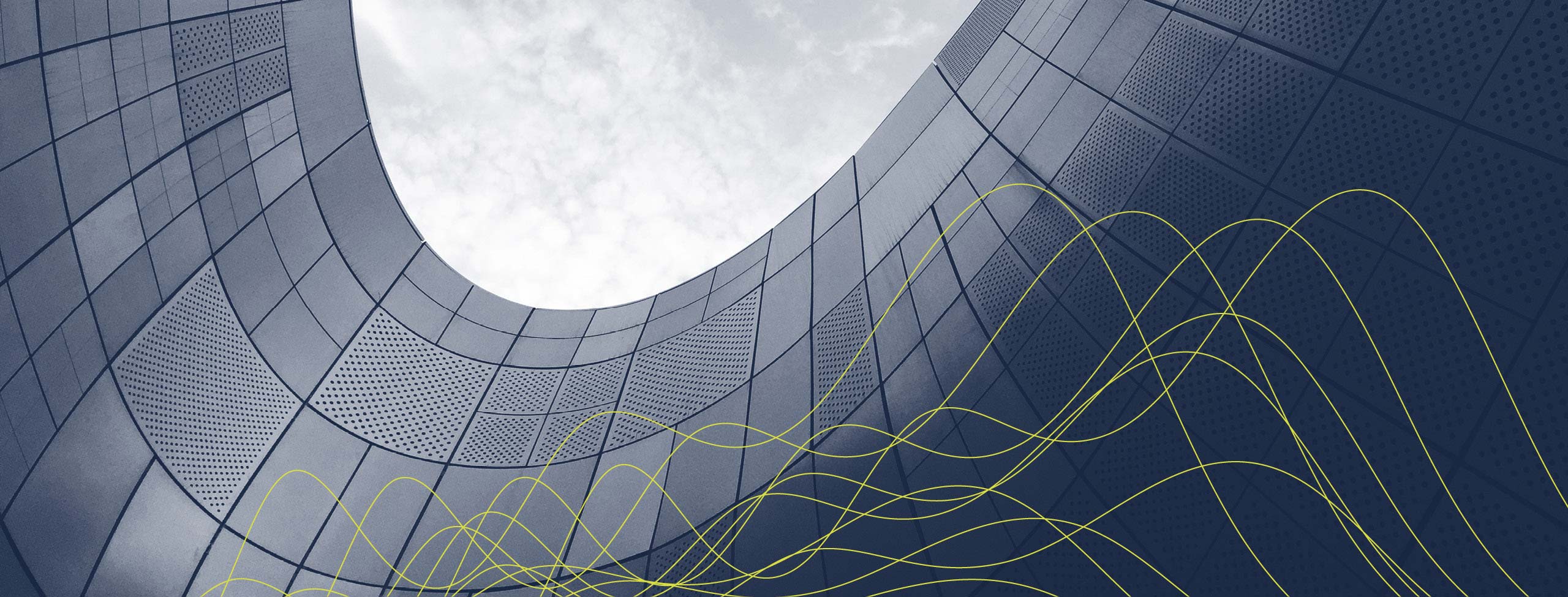The last 30 years have been driven by the arrival of new technologies such as the internet and smartphones. The COVID-19 pandemic, which has profoundly changed our professional and personal habits, has also amplified and accelerated the use of technology. Shopping has moved online, business meetings have become virtual meetings and streaming services have replaced going to the cinema. Today, the average number of emails sent per hour across the world is expected to reach 12 billion, and we could reach 48 billion connected objects in circulation by 2025.
All the new tools and objects we are currently using such as the Internet of Things or 5G create a huge amount of data, requiring large storage capacity. To respond to the explosion in the amount of data, we’ve seen a new asset class emerge around the world: data centers. This new asset class, which is halfway between technology and real estate, is generating increasing interest from institutional investors but also raises many questions and offers new perspectives for various real estate players.
Market developments, legal and tax considerations, advantages of locating data centers close to home, or the environmental challenges facing this asset class are all covered in the latest edition of the DLA Piper Real Estate Gazette. We bring you the voices, opinions and analysis of the real estate markets in France, Germany, Norway, the Netherlands, the UK, Nigeria, Australia, New Zealand and the US.













